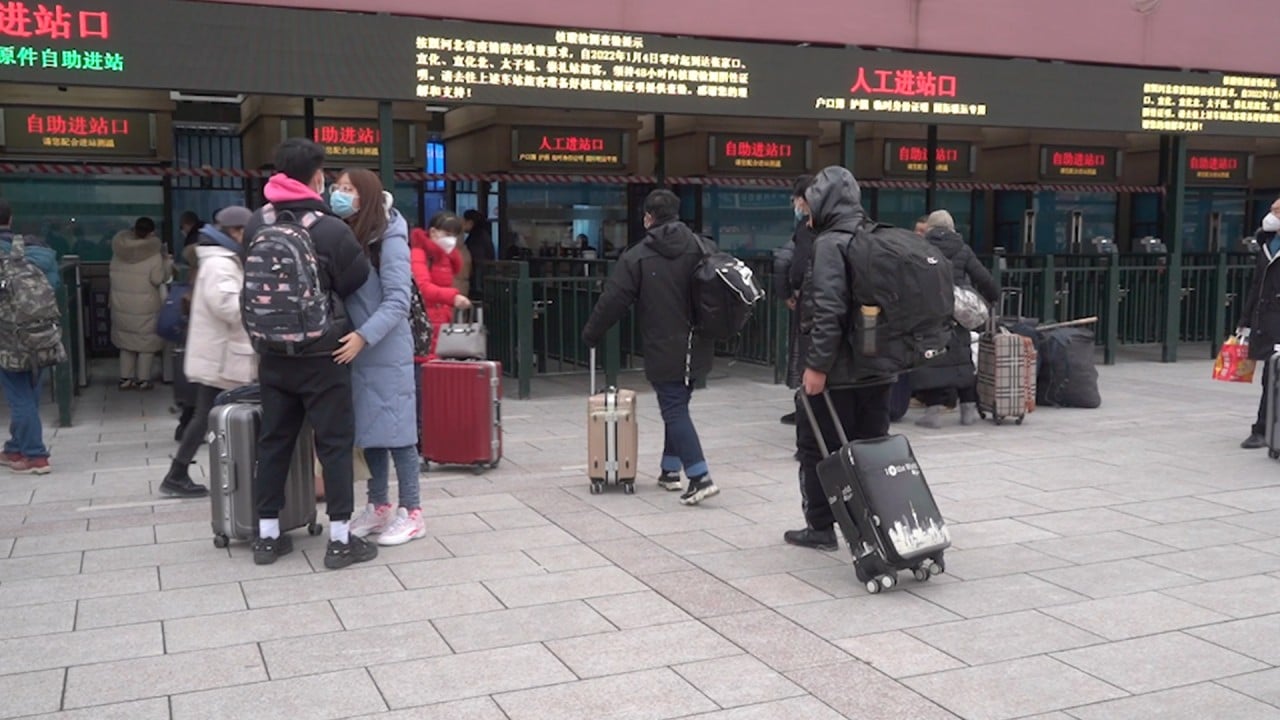
For China, the costs of living with Covid-19 are still too high
- China can’t just abandon its zero-Covid policy if it means health care services would be overwhelmed, especially in rural areas
- Economic reopening has facilitated robust recoveries in the US and Europe. Yet, this has also led to a number of challenges
Many see this as a possible way out of the doldrums of the past two years, as Covid-19 may finally transition from pandemic to endemic. After two years of disruption to people’s lives, there is also greater public resistance to lockdowns. Hence, keeping the economy open seems to be a better option for governments.
As with playing against a top football team, you can only defend for so long before conceding a goal. From the global perspective, there are concerns that the Chinese manufacturing and logistics sectors will be under pressure again, which could bring more disruption to global supply chains.
However, there are important reasons it would very challenging for China to consider switching tactics at this juncture.
First, there are medical considerations. During the latest wave of Omicron, which started in early December, there have been roughly 64,000 Covid cases for every million people in the United States and Europe.
If we apply the same infection rate to China, without adjusting for population density, immunity level or other factors, this would imply that around 93 million people could be infected. Applying an average mortality rate of around 0.3 per cent (again, derived from the US and EU numbers) to China, we would have a death toll in the hundreds of thousands in about two months.
Even though China’s number of hospital beds per capita is similar to the EU’s and higher than the US’, such a large number of patients would still place intense pressure on the health care system, especially in rural areas.
Canadian letter claimed to be potential source of Beijing Omicron infection
Economic reopening has indeed facilitated robust recoveries in the US and Europe. Yet, this has also led to a number of challenges. The threat of infection has meant many people are reluctant to look for jobs.
At the end of 2021, a US Labor Department survey showed that over a million people are still reluctant to go back to the workforce because of the pandemic, either due to concerns for their own health or the need to take care of children or older family members. This has contributed to labour shortages and added to inflationary pressures.
Closing and reopening the economy because of outbreaks means economic performance will be more volatile. Government policies would need to focus almost exclusively on this issue, and there would not be much room to plan long-term reforms.
In China’s case, policies to reduce income inequality and restore housing affordability, as part of the common prosperity campaign, would be hard to execute if the authorities were also busy managing the economic damage from the pandemic.
It is worth reiterating that the stringent zero-Covid measures are very hard to sustain. At some point, we will still need to find ways to live with the virus. Instead of seeing the zero-Covid policy as a permanent solution, it would be more sensible to think of it as a strategy to buy time to strengthen the population’s immunity with booster shots and allow better treatments to be developed.
Still, for China, abandoning the zero-Covid policy now could be costly both in terms of the economy and the human toll.
Tai Hui is chief market strategist for the Asia-Pacific at JP Morgan Asset Management


